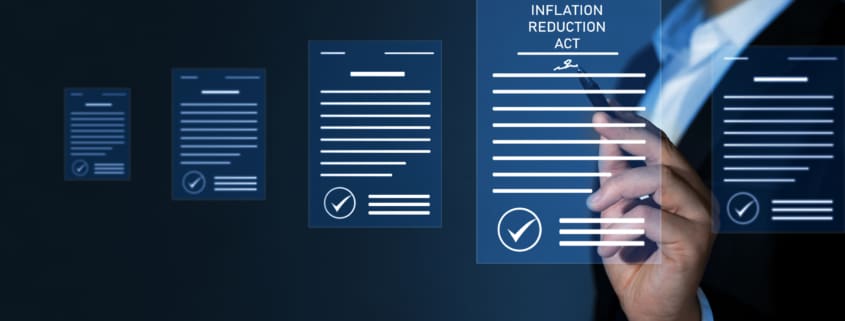Tax Implications of the Inflation Reduction Act
What is the Inflation Reduction Act?
The Inflation Reduction Act is a climate, health, and tax package passed by Senate Democrats. The bill passed with all 50 Democratic votes in the Senate. The final version of the act proposes policy changes such as:- Climate and energy provisions
- Prescription drug price reforms, and
- Taxes on corporations
Will the Inflation Reduction Act Increase IRS Audits?
The Inflation Reduction Act allocates $79.6 billion to the International Revenue Service over the next decade. These funds will increase IRS audits. Let’s take a look at where exactly the money is going.Enforcement: IRS is Hiring
According to the 2021 IRS Data Book, IRS in Fiscal Year 2021 had about 79,000 full-time equivalent (FTE) employees, and about 35,000 of them were dedicated to enforcement activity. In 2021, IRS closed about 739,000 tax examinations and processed more than 261 million tax returns and supplemental documents. This number of tax examinations in 2021 was less than half of the number of tax examinations in 2012. So, what does this mean for business owners? IRS is making an effort to conduct more audits than in the past few years and using the additional resources from the Inflation Reduction Act to do so. Let’s take a look at how. With the increased budget resulting from the Inflation Reduction Act, IRS will be expanding its staff. IRS will be hiring additional:- Revenue agents (to conduct audits)
- Criminal Investigators (to carry out criminal investigations), and
- Revenue officers (to collect taxes)
Operations and Developments
The remaining additional funding will be used for:- Technology
- Development of a direct free E-file system
- Operations, and
- Taxpayer services



